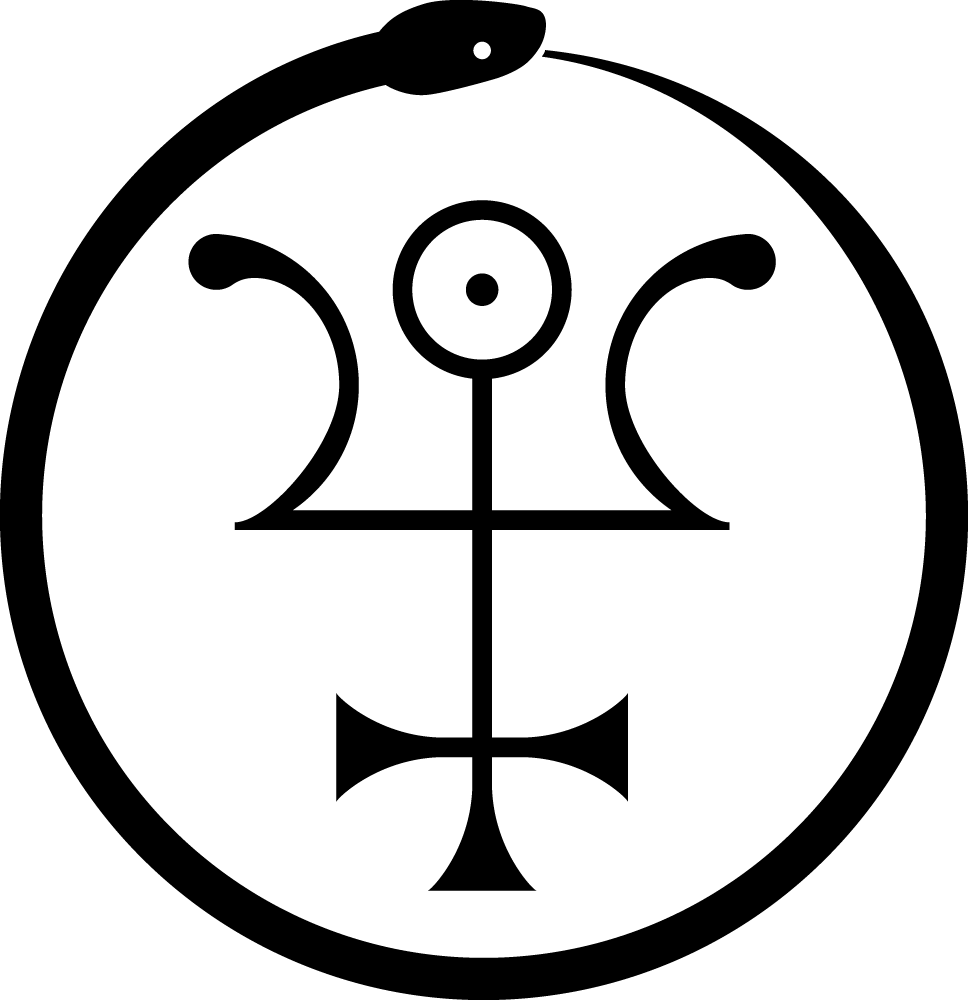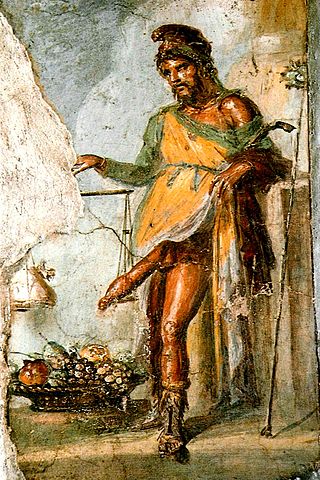(prehistoric/mythic)
by T. Apiryon
Also known as Lutinus, Fecundus and Mutunus. Son of Aphroditê and Dionysus (or Adonis, or Hermês, Pan, or Zeus, according to other accounts). The Mysian god of creative fertility in nature and in man; sometimes identified with both Hermês and Pan. He presided over the fertility of fields and flocks, bee-keeping, viticulture and fishing. By some accounts, he was included among the retinue of Dionysus.
Priapus is usually depicted as a grotesque little man with an unnaturally large phallus, not always erect, and a bucolic grin. In later Roman times, he was depicted simply as a phallus. His statue was often kept in gardens as a fertility talisman, and to scare away thieves. His sacred animal was the ass.
References:
Forlong, J.G.R.; Faiths of Man, a Cyclopaedia of Religions [Bernard Quaritch, 1906], University Books, NY 1964
Guirand, F.; “Greek Mythology” in The New Larousse Encyclopedia of Mythology, Hamlyn, NY 1959/1968
Knight, Richard Payne; “A Discourse on the Worship of Priapus” [1786] in Sexual Symbolism, a History of Phallic Worship, with an introduction by Ashley Montagu, Julian Press, NY 1957
Sullivan, J.P. and Peter Whigham, eds.; Epigrams of Martial Englished by Divers Hands, University of California Press, Berkeley, 1987
Zimmerman, J.E.; Dictionary of Classical Mythology, Harper & Row, NY 1964
Original Publication Date: 5/9/95
Originally published in Red Flame No. 2 – Mystery of Mystery: A Primer of Thelemic Ecclesiastical Gnosticism by Tau Apiryon and Helena; Berkeley, CA 1995 e.v.

